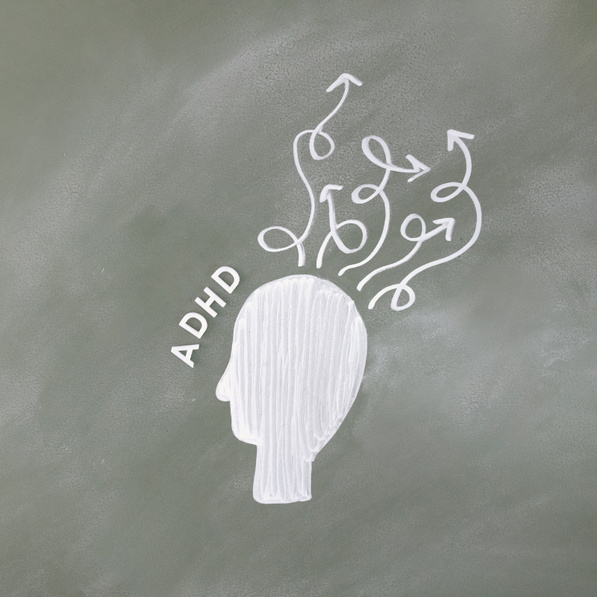MINDFULNESS COUNSELLING SERVICES

What Is Mindfulness Counselling?
Mindfulness counseling is a therapeutic approach that incorporates the practice of mindfulness into the counseling process. Mindfulness involves bringing one's attention to the present moment with an attitude of openness, curiosity, and non-judgment. In counseling, it is used to cultivate self-awareness, promote emotional regulation, reduce stress, and enhance overall well-being.
Does Counselling for Mindfulness Help?
Counseling for mindfulness can be highly beneficial for individuals seeking to develop mindfulness skills and integrate them into their daily lives. It offers several advantages, including:
-
Stress Reduction and Emotional Regulation: Mindfulness counseling provides individuals with tools and techniques to manage stress, anxiety, and overwhelming emotions. It promotes awareness of one's thoughts, feelings, and bodily sensations, allowing individuals to respond to challenging situations with greater clarity and calmness.
-
Enhanced Self-Awareness: Mindfulness counseling helps individuals develop a deeper understanding of themselves, their patterns of thinking, and their reactions. By cultivating self-awareness, individuals can gain insight into their behavior and make conscious choices that align with their values and well-being.
-
Improved Focus and Concentration: Mindfulness practices enhance concentration and focus by training individuals to direct their attention to the present moment. This can be particularly helpful for individuals who struggle with distractions or find it challenging to stay focused on tasks.
-
Cultivation of Compassion and Acceptance: Mindfulness counseling encourages self-compassion and acceptance of one's experiences, including difficult emotions and challenging circumstances. It fosters an attitude of kindness, patience, and non-judgment towards oneself and others.
-
Promotion of Well-being and Resilience: Mindfulness practices have been shown to promote overall well-being and resilience. They can improve sleep quality, boost immune function, reduce symptoms of depression, and enhance overall mental and physical health.
Methods Used in Mindfulness Counselling
Grief counseling incorporates various evidence-based methods and approaches to support individuals in their journey through grief. Some commonly used methods include:
-
Supportive Counselling: Supportive counseling provides a compassionate and empathetic environment for individuals to share their feelings and memories related to their loss. The counselor offers validation, active listening, and emotional support throughout the grieving process.
-
Cognitive-Behavioral Therapy (CBT): CBT helps individuals identify and challenge unhelpful thoughts and behaviors associated with grief. It focuses on reframing negative thinking patterns and developing healthier coping mechanisms. CBT can also address any co-occurring conditions, such as depression or anxiety.
-
Complicated Grief Therapy: Complicated grief therapy is a specialized form of counseling designed for individuals who experience prolonged and intense grief reactions. It aims to help individuals process their grief, manage distressing symptoms, and adjust to life without their loved ones.
-
Grief Support Groups: Grief counseling may involve participation in grief support groups. These groups provide individuals with an opportunity to connect with others who have experienced similar losses. Sharing stories, insights, and coping strategies in a group setting can be therapeutic and validating.
-
Expressive Therapies: Expressive therapies, such as art therapy, music therapy, or journaling, can be integrated into grief counseling. These creative modalities provide alternative avenues for individuals to express and process their emotions, memories, and grief experiences.
Remember, grief counseling is a personal and individualized process. Counselors work collaboratively with individuals to honor their unique experiences and support them in finding meaning, healing, and adjustment in the face of grief and loss.


















